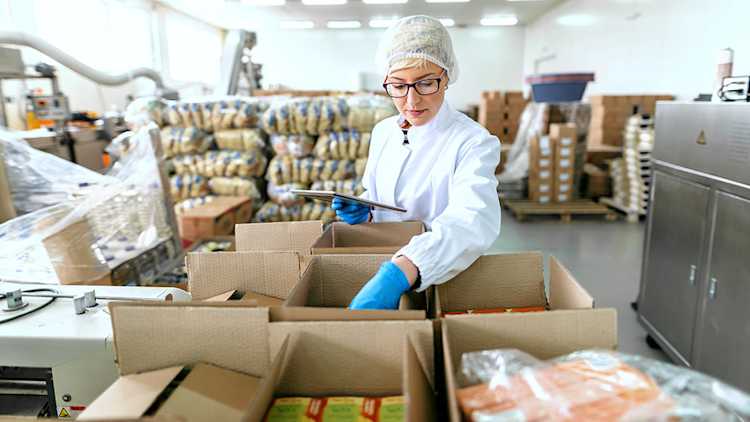Why now’s the time to review your supply chain strategy

Your reputation depends upon your supplier’s ability to meet or exceed your needs.
Supply continuity is more important than ever. Retailers, wholesalers and distributors see the in-stock position as critical to maximizing their sales and satisfying their customers. A processor’s ability to deliver what’s required, when it’s required, is one of the most important factors in a prosperous relationship with your customers.
As a processor, you rely on your suppliers for ingredients, packaging, equipment that functions and many other inputs. Your reputation depends upon your supplier’s ability to meet or exceed your needs.
Communicate your needs clearly
An accurate sales forecast is an important component of holding your suppliers accountable. This will ensure that you know what’s required and when to produce your products.
Quality inputs are integral to your ability to produce the specifications and standards you’ve committed to your customers. A thorough process for communicating specifications and checking the quality of incoming ingredients will ensure they’ll deliver the required attributes. When your suppliers are clear on what’s expected and that you’ll be checking upon arrival, they’re much more likely to meet or exceed your needs.
Your needs must be communicated clearly to your suppliers with the appropriate lead times. This is even more important when volumes are unpredictable. Please don’t assume they’ll have the inventory or the extra stock on hand they might have had in the past.
Once orders are communicated, they should be confirmed. Many businesses rely on systems to manage inventory. Usually, they’re reliable. However, human confirmation should be requested for critical inputs. When your reputation is determined by your ability to produce products, you need to know the quality stock will be there for you.
Make a contingency plan
Ingredients and packaging are required, and so is equipment operating effectively in your facility. The commitment from your equipment suppliers about their ability to service your equipment, regardless if the experts are in the same province or another country, is an assurance you need.
Videoconference repairs and installations are more realistic in today’s environment. Challenge suppliers for their ability to service equipment remotely. Specialized parts and technicians are an integral part of your ability to operate and produce products.
For all suppliers, regardless of whether they are inputs or equipment, consider a contingency plan. This provides peace of mind that if your first choice cannot support you, there’s another option. This reduces your risk, which is a sound strategy. Identify the products or services that are the greatest challenge to your operation and prioritize them with contingencies.
Encourage your employees to follow up on any purchase orders that are late or shorted or where there are quality issues. A good working relationship with your suppliers is positive, but don’t let that influence their decision to hold suppliers accountable.
Keep your customers informed
We often think of these tasks as internal, which they are. However, it’s also an opportunity to keep your customers informed as to what you are doing to ensure continuity of supply. It’s important to communicate as soon as possible if you’ll have an issue with delivering an order. These are never the best calls to make, but the earlier you let them know and allow them time to consider their options, the better. They do not need every detail but ensuring you’ve done everything within your power to get their product produced will enhance your relationship. They respect suppliers that are proactive and demonstrate the importance of delivering a 100% service level.
What works today could work better. It’s important to review your strategy, processes and relationships with all your suppliers. Managing these will help your business operate efficiently and effectively.
Article by: Peter Chapman

